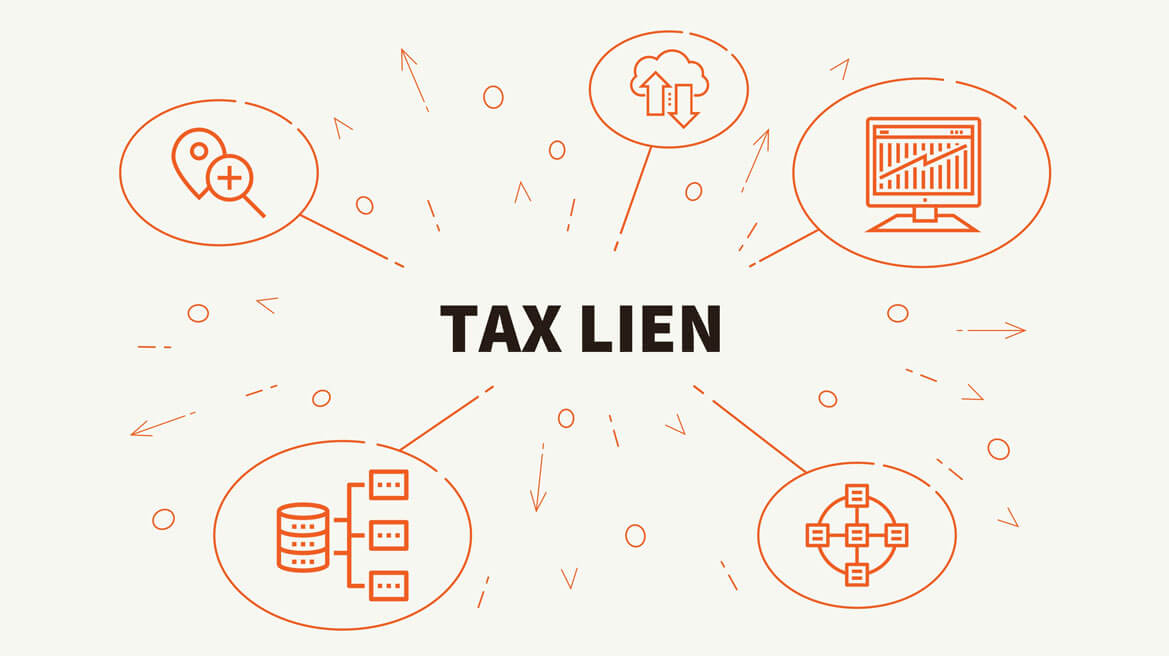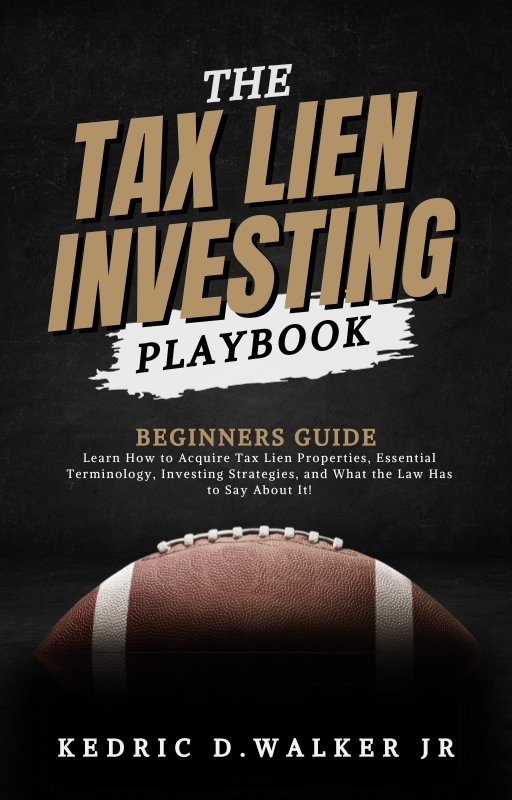All Categories
Featured
Table of Contents
If you want the tax obligation lien foreclosure procedure, you ought to contact an attorney so you recognize and consider the dangers of this kind of investment. - profit by investing in tax liens
Tax lien sales are one means that cities and areas try to recoup a few of the general public dollars they've spent maintaining these buildings deserted by private owners. But, as we'll explain in this write-up,. When real estate tax are taken into consideration delinquent, city governments usually concentrate on providing notification of misbehavior and attempting to gather the overdue quantities from the owner.
This process normally takes years - tax lien investing pros and cons. If an owner has actually strolled away and hesitates to pay taxes or keep the residential property, the city should invest tax dollars to keep the residential or commercial property. These costsboarding up the structure, mowing disordered turf and weeds, reacting to fire and authorities contacts the property, and moreadd up

Proprietors that have dropped on tough times absolutely require every initiative to maintain them out of misbehavior and in their homes. Normally, if the residential property is vacant and worn-out, we must presume the owner has selected to abandon their passion in the building and that they are "reluctant" to pay (though situations earlier in the process may have forced their hand).
Tax Lien Certificate Investing Risks
Take, for instance, a single-family home where the owner has long because strolled away. For years the city government has had to action in and get rid of waste discarded in the backyard, board up the doors and home windows, and reply to phone calls concerning immoral task on the property. All these solutions cost the neighborhood federal government taxpayer dollars.
In several states, those prices can be collected in the exact same way as the unpaid taxes, however not in all. In a tax obligation lien sale (or tax certificate sale) the neighborhood government commonly holds a public auction where the winning bidder agrees to pay the most cash for the right to implement the tax lien, starting with a minimum quote of at the very least the tax obligations owned, plus suitable rate of interest, charges, and expenses.

When a federal government sells the tax lien they are typically offering to a personal customer the city government's authority to accumulate the financial obligation for ahead of time settlement of the taxes owed. The customer's purchase normally includes the capacity to earn future rate of interest, along with redeem relevant fees and costs sustained by the customer, if the home proprietor pays the tax financial debt.
This is, in significance, privatization of a core government function: tax obligation collection. Tax obligation lien sales are especially bad when it pertains to vacant, deserted, and tatty buildings since they lengthen the duration prior to a building can be relocated right into the hands of a brand-new, extra accountable proprietor. Private tax lien customers hold the financial debt, yet they do not possess the titlethe legal right to possession of the propertyand oftentimes, they have no rate of interest in getting it.
Tax Lien Investing Risks
Thinking about budget cuts, city governments in numerous states have actually lowered internal real estate tax collection and enforcement efforts and sought to tax lien sales as a fast mixture of profits - tax lien certificate investment (investing in tax lien certificates for beginners). Many regions choose or are mandated by the state to market tax liens due to the fact that it outsources collection and often brings in very needed cash money previously in the collection process
By moving the regional federal government's interest in and enforcement of the tax obligation lien to a private customer, local governments shed a lot of their flexibility: versatility to get vacant residential or commercial properties that the exclusive market doesn't want, or to aid the proprietor prevent shedding their residential property. With vacant residential properties, there is a much higher chance that the personal customer isn't curious about the residential or commercial property itself.
Tax lien sales can create damage in traditionally disinvested areas. In a depressed real estate market, less owners are able to retrieve the amount of the debt offered to a tax obligation lien customer. These areas are ripe for a different sort of tax obligation lien investorspeculative proprietors seeking to obtain properties on the cheap by seizing on the property tax obligation lien, bleeding what little bit equity is left by renting a second-rate property to at risk renters, and after that abandoning the residential property when they've gained back their financial investment.

Not all state regulations give city governments the power to interfere in this cycle. Either means, the residential or commercial property remains uninhabited and in limbo, all the while enforcing considerable prices on its next-door neighbors and taxpayers. It's understandable that several city governments turn to tax obligation lien sales since they help money essential public services.
If the city government rather sells the building (aka the "tax obligation action"), instead of the tax financial obligation, then they are in control of what occurs to the property and the enforcement process if the proprietor continues to not pay the residential property tax owed. The federal government will certainly provide the owner an affordable time to pay back the tax financial obligation, after which the government will certainly seize its rate of interest in the tax lien and the proprietor's right of redemption.
From their inception, these public auctions were locations for financiers to profit via exploitation. In early 20th-century cities, notorious "tax sharks" like Chicago's Jacob Glos and New york city's Charles Wiltsie collected fortunes by getting up scores of tax obligation liens on residential properties, billing their owners expensive amounts to get rid of the lien, or waiting till the deadline for negotiation passed and declaring the act.
Tax Lien Invest

Calls to abolish tax obligation lien sales and overhaul tax delinquency laws have actually periodically appeared. Often, they have been available in response to cases of poor, commonly elderly house owners that lost their homes to underhanded tax purchasers over small tax obligation financial debts. With a couple of exceptions, state legislatures have stood up to architectural reforms (high yielding investments in tax lien certificates).
Those that have settled their home loans (mostly seniors or individuals who had inherited a family home) need to also locate the money to pay real estate tax. This describes why 70 percent of the homes cost tax lien sales are owned outright. It is well hobby for states to take on an even more humaneand much more effectivesystem for real estate tax enforcement.
Latest Posts
Delinquent Tax Roll
Buying Tax Foreclosed Properties
Tax Foreclosure Overages